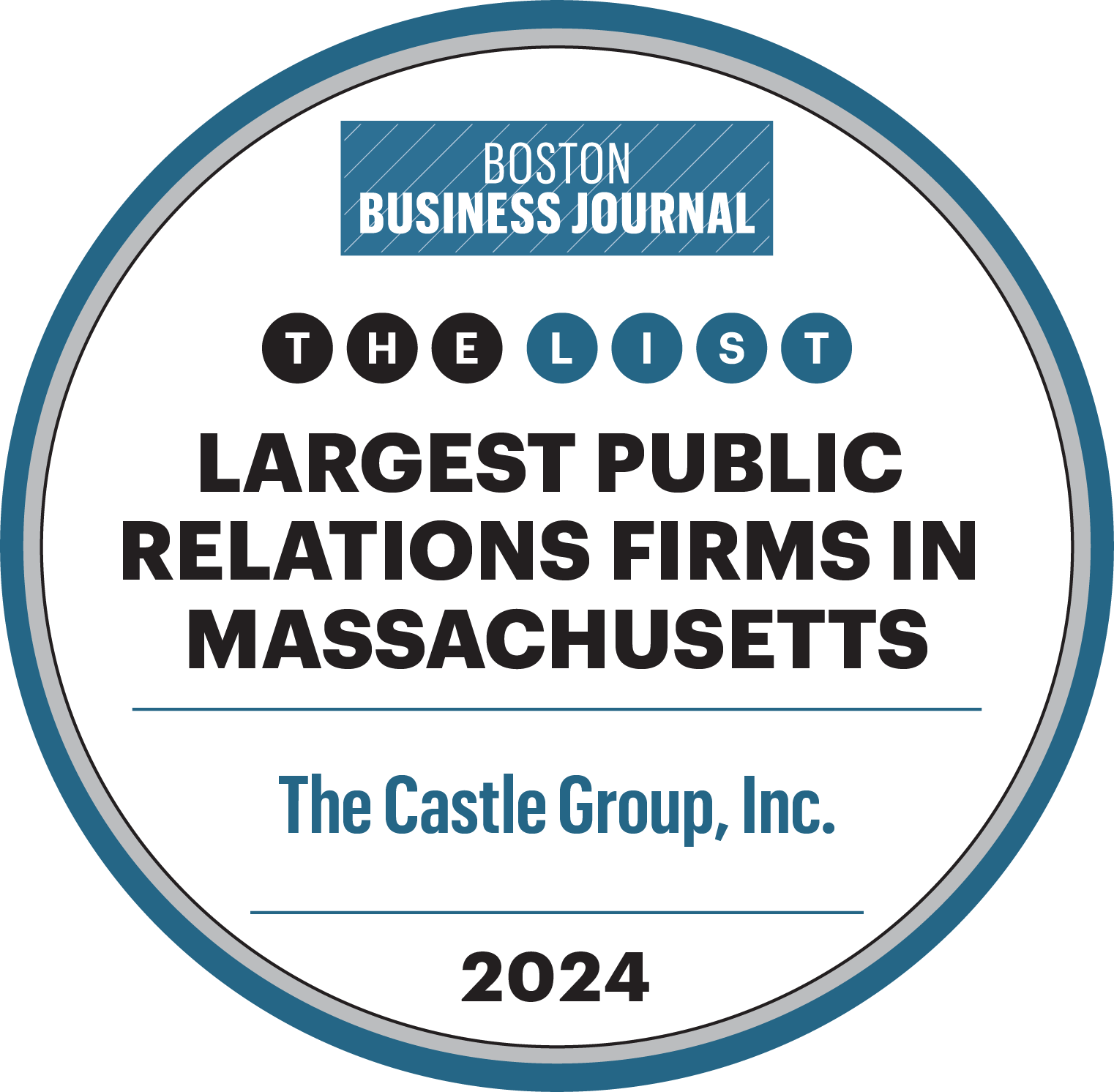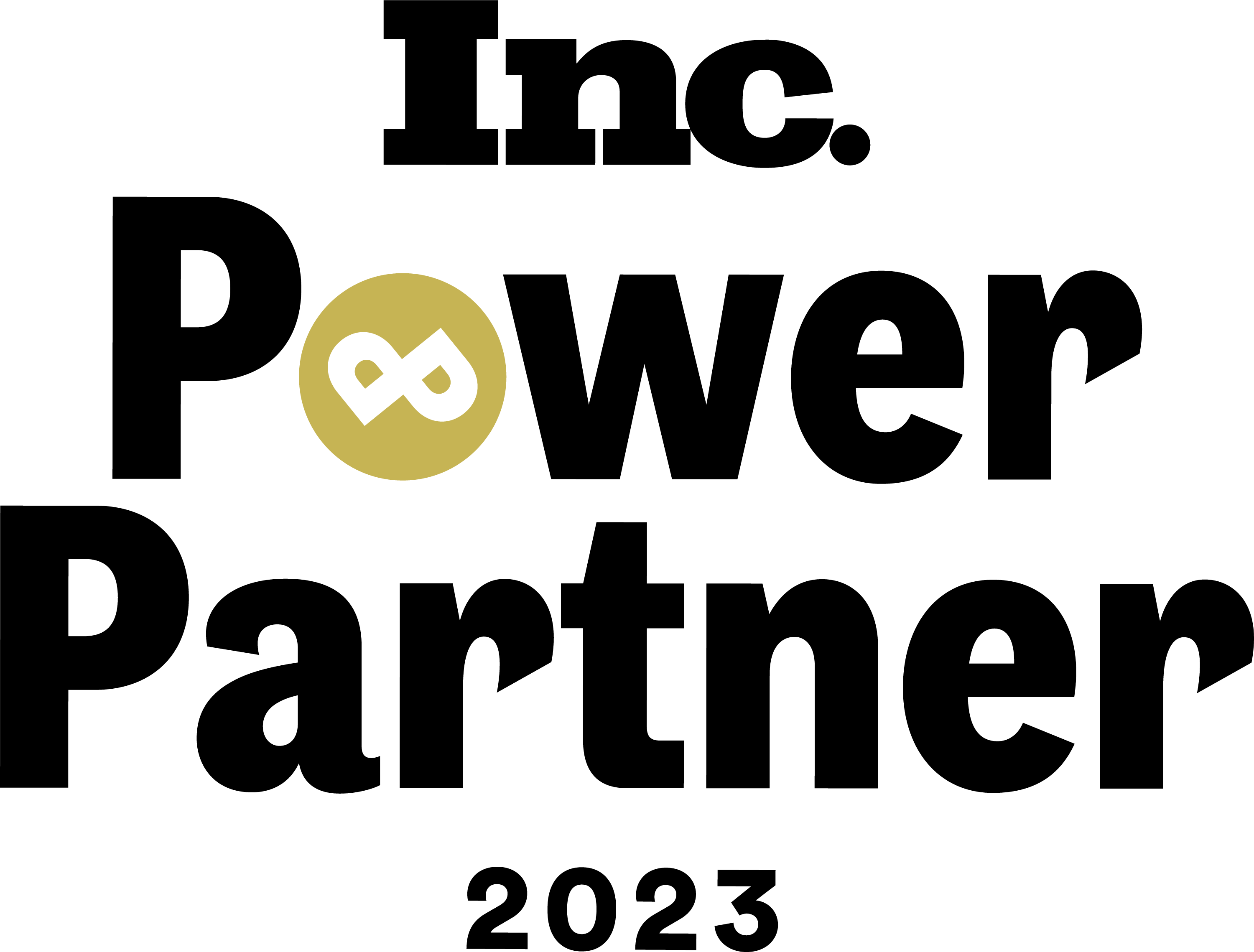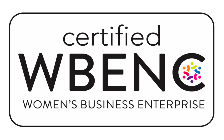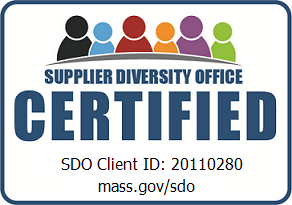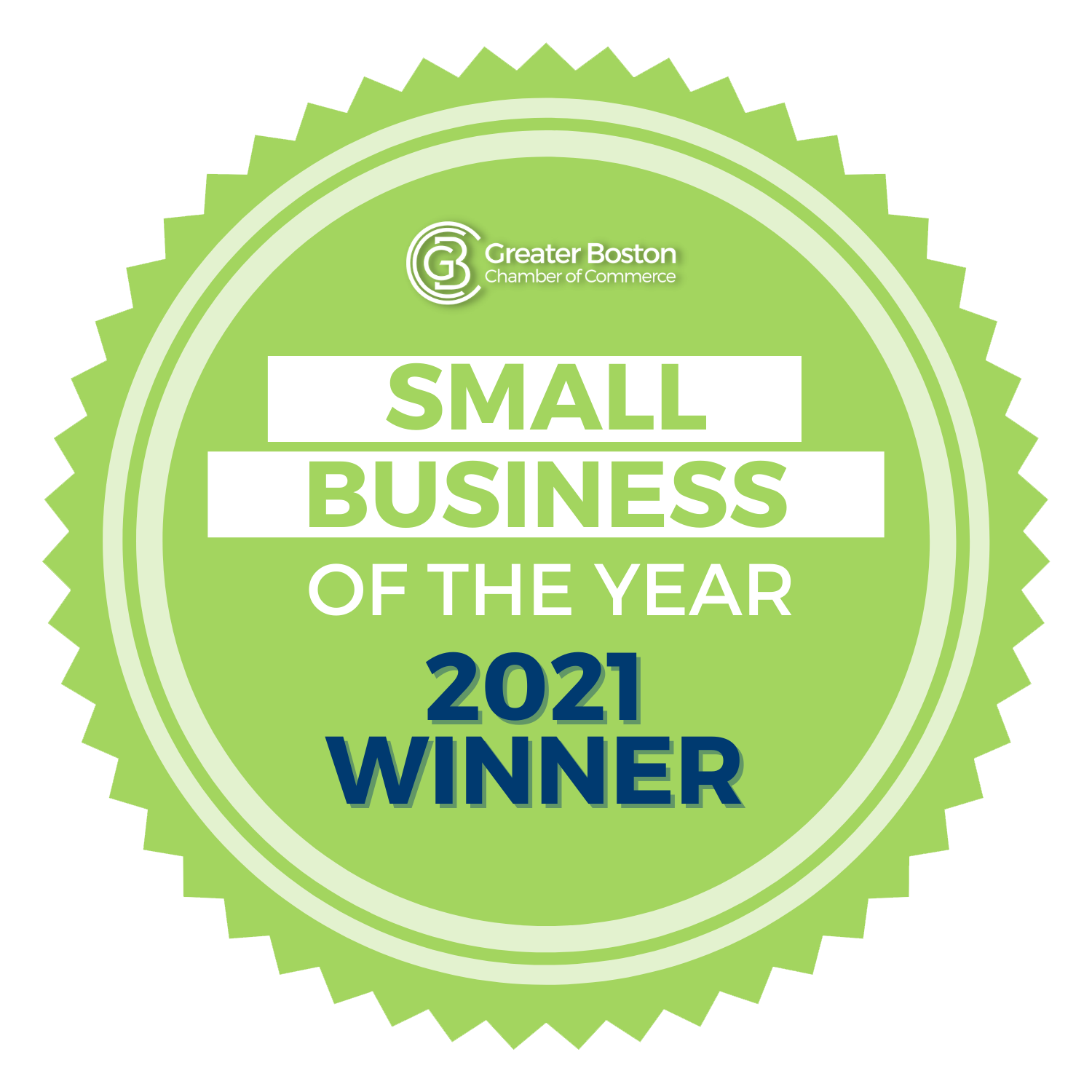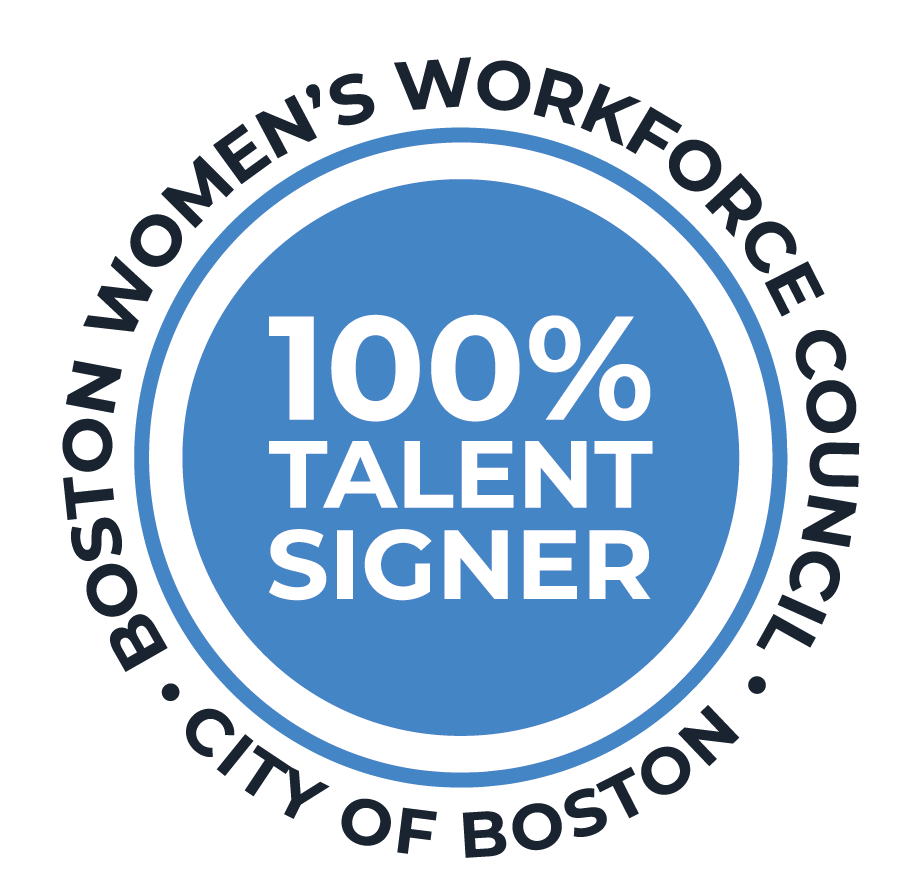What makes an event successful?
To an attendee, a successful event means a seamless, inspiring, memorable, and/or value-added experience. To a meeting planner, a successful event means achieving these goals and more. At Castle, our role is to make events appear effortless. However, our job is anything but. Planning and executing a successful event is like conducting a symphony orchestra. Multiple components must synchronize flawlessly to create the perfect attendee experience.
Whether you’re organizing a large-scale conference, an intimate corporate retreat, or a community fundraiser, there are three main ingredients to successful event planning: strategy, creativity, and execution.
- Strategy is understanding the big picture and defining the program’s overall goals. Why are you spending the money to bring people together?
- Creativity is about planning from a unique and fresh perspective, ensuring your attendees will be engaged, and talking about your event for all the right reasons.
- Execution ensures all the details come together perfectly – so they won’t be talking about your event for the wrong reasons! Events should be mission-driven and audience-centric, considering your objectives and audience with every decision–from venue selection and content creation to the program style and the food and drinks served.
Our events team has been planning events of all shapes and sizes in all corners of the globe for decades. And when we’re not planning events, we’re attending events. With this much experience under our collective belts, we decided to ask the question: what are the key elements that make or break an event experience?
13 Key elements of planning a successful event
Define Clear Objectives
: Every successful event starts with a vision. What goals are you trying to achieve, and why should people spend their valuable time (and often their money) attending your event? Defining your event’s purpose, identifying your target audience, and setting clear objectives are critical. Whether educating attendees, fostering connections, raising funds for a cause, or combining goals, a well-defined vision will guide your planning process and serve as a compass for decision-making. Without clear objectives, your event may lack direction and fail to deliver the desired results.Set a Realistic Budget
: Establish a workable budget at the onset, factoring all potential expenses, revenue sources, and contingencies. If actuals are not immediately known, take time to forecast realistic projections and enlist vendors to help provide estimates. Regularly monitor and track expenses during the planning process, adjusting as necessary.
Budgeting also comes in the form of time. It’s important never to underestimate the amount of time necessary to plan a well-crafted, strategic, and engaging event. Planning in a rush makes you miss important opportunities to wow the audience and get the details right. It can even cost you more in the long run with expedited shipping costs, hurried or missed communications, and scattered logistics.Assemble the Right Team
: The people behind the scenes can make all the difference. Build a solid team of diverse and skilled event professionals, passionate volunteers and trusted vendor partners vested in the event’s success. Assign well-defined roles and responsibilities, provide training as necessary, and establish clear lines of communication. Ensure enough staff to provide smooth operations and exceptional attendee support. When a team is knowledgeable, in sync with each other, and has clear goals, it can operate like a well-oiled machine, and the results are palpable.Pick a Great Location
: As the old adage says, location, location, location! The destination and venue literally serve as the backdrop for your event. Ensure that your setting aligns with your event’s mission and budget, provides the necessary facilities, and offers attendees a comfortable and memorable experience. It’s important to consider factors such as ease of travel, accessibility, capacity, overall costs (including any hidden taxes and fees), quality of infrastructure, service level, availability of local vendors, amenities, and ambiance.
Different types of events call for different strategies when selecting a location. For example, if you plan an incentive trip for top sales performers, choose an alluring or “bucket list” destination, offering activities, sightseeing, and opportunities for team bonding. When planning a large meeting with attendees from around the country/world, select a location with an easy airlift and infrastructure suitable for big groups (i.e., Chicago, Dallas, Orlando, Las Vegas, etc.). However, the time of year is also important. Although delays can happen at any time in any location, hosting a meeting in Chicago in the dead of winter or the Caribbean during hurricane season runs the risk of severe weather events that may impact the program. In addition, planners should consider the political climate of the destination and/or state laws that may or may not align with corporate policies.Get the Word Out
: There is a common misconception that if you build it, they will come. With so many things competing for your attendees’ time and attention, strategic event marketing and promotion are essential to your event’s success. Getting the word out with the right tone, messaging, and visuals is key to attracting the right attendees.
If applicable, brand your event with a creative theme and eye-catching graphics to cut through the clutter and create a cohesive throughline from pre-event to event close. Utilize various channels such as social media, email campaigns, targeted advertising, and, if applicable, partnerships with influencers to create buzz, generate interest, and drive attendance. Make sure to highlight the unique value proposition of your event and consistently engage with your audience throughout the planning process.Find the Best-Fit Format
: Post Covid, appetites for long sessions and lengthy conferences have waned. Attendees are craving shorter formats that pack a punch. Designing a well-structured, time-concise, and compelling event agenda is critical for attracting attendees, keeping them engaged, and ensuring a smooth flow.
Your event objectives and audience interests will ultimately guide the agenda format and may include keynote sessions, panel discussions, interactive breakouts, workshops, trainings, 1:1 meetings, networking opportunities, and more.
When building the program structure, pay attention to the timing of each session, allowing for seamless transitions and preventing boredom or overwhelm. And don’t forget the food and fun! Include a balanced mix of breaks, meal functions, and special events. If some of your audience is still seeking the convenience of a virtual format, determine if the benefit of offering a hybrid option outweighs the costs.Employ the Correct Technology
: Myriad technologies are available to aid the event planning process. Depending on the type of event, size, budget, and goals, one or many of the following applications may be employed: registration software for managing RSVPs and ticketing; mobile event apps featuring agendas, maps, and notifications to help attendees navigate; charitable giving and auction sites to streamline fundraising; or if the event is virtual or hybrid, platforms that offer virtual stages, networking areas, and live streaming capabilities.
Event diagramming software can help create event layouts and floor plans, while social media platforms and digital marketing tools may be used to help promote and attract an audience. Platforms like Slack or Microsoft Teams can enhance communication among planning teams, and survey tools help collect feedback from attendees to identify areas for improvement.
A wide range of audiovisual technology is available for developing and delivering impactful presentations, displays, and show entertainment. Selecting the right technology tools and ensuring the team is nimble in the software are all part of successful event execution.Curate Engaging Content
: Now more than ever, offering the right content for your audience – in style, format, and length – is paramount. The heart of any event lies in its subject matter and speakers. Develop a program that delivers valuable, relevant, and engaging content to your audience. Choose speakers who are experts in their fields and capable of captivating the audience and leaving a lasting impact. Entertainment, CSR initiatives, and/or off-site activities can be used to break up business content and enhance the overall event experience.Add Attendee Engagement
: A well-crafted event program fosters an inclusive and welcoming environment and encourages attendees to connect with one another. Provide opportunities for organic and planned networking, collaboration, and knowledge sharing. Where applicable, incorporate interactive elements such as live polls, group discussions, attendee lounges, and ice-breaking activities. From a marketing standpoint, create opportunities for attendees to engage with your brand in a unique and fun way and to share on social media. Think Instagrammable moments!Personalize Wherever Possible
: Providing options for personalization and customization can make attendees feel valued and catered to. This can be achieved by offering diverse session topics or tracks, allowing attendees to select the sessions that align with their interests or skill levels. If possible/applicable, offer custom registration flows based on attendee type, tailored agendas, and personalized communications, including text updates or event app notifications. Take note of attendees’ dietary needs and special interests and offer tailored options. Offer custom gifts or exclusive onsite experiences to personalize the event.Focus on the Details
: Event logistics such as registration, ticketing, audiovisual, transportation, accommodations, and catering are the nuts and bolts of your event and require thorough attention to detail. Getting the details right requires big-picture planning, putting processes in place, staff training, and ongoing communication between all parties to ensure accuracy. Seamless logistics and operations set the stage for a smooth user experience, leaving them focused on the content and connections.Have a Backup Plan
: If one thing Covid taught meeting planners, it’s to be on our toes. Events can be impacted by various unforeseen events, such as natural disasters, technical failures, medical emergencies, strikes, vendor cancellations—the list goes on. Being prepared with a solid contingency/risk management plan can mean the difference between success and failure.
A risk management plan should be designed to anticipate, manage, and mitigate potential challenges that could jeopardize the event. It should outline measures to ensure the safety and security of all participants and may include locations of nearby medical facilities, evacuation plans, and relevant regulations. Additionally, the plan may outline contingencies such as backup equipment, an alternate weather location for outdoor events, and a crisis communication plan.
A proactive strategy helps provide a clear roadmap for timely and effective decision-making if or when issues arise. In addition, event sponsors, vendors, and participants may want to know that their investment in the event is well-protected and/or feel safe attending. Having a comprehensive risk management plan can instill confidence and encourage their participation.Don’t Forget the Follow-up
: The planning doesn’t end when the event concludes. Take the time to follow up with attendees and gather feedback. The follow-up can even be solicited in real time using an event app, asking for feedback after each session or after the program. Send thank-you notes, conduct surveys, and evaluate the event’s success against your initial objectives. Post-event engagement will help strengthen relationships and improve future events. Additionally, posting on-demand content about the event can allow your messaging to live on after the event ends.
A successful event may appear effortless, but the best events require enormous thought, strategy, coordination, and attention to detail. From crafting a clear vision and setting objectives to flawless execution and post-event evaluation, every step matters.
Castle is here to help you plan successful events.
Castle’s expertise in all elements of event planning help ensure unforgettable events that exceed client and attendee expectations time and time again. Contact Castle’s Event Management team for support.









